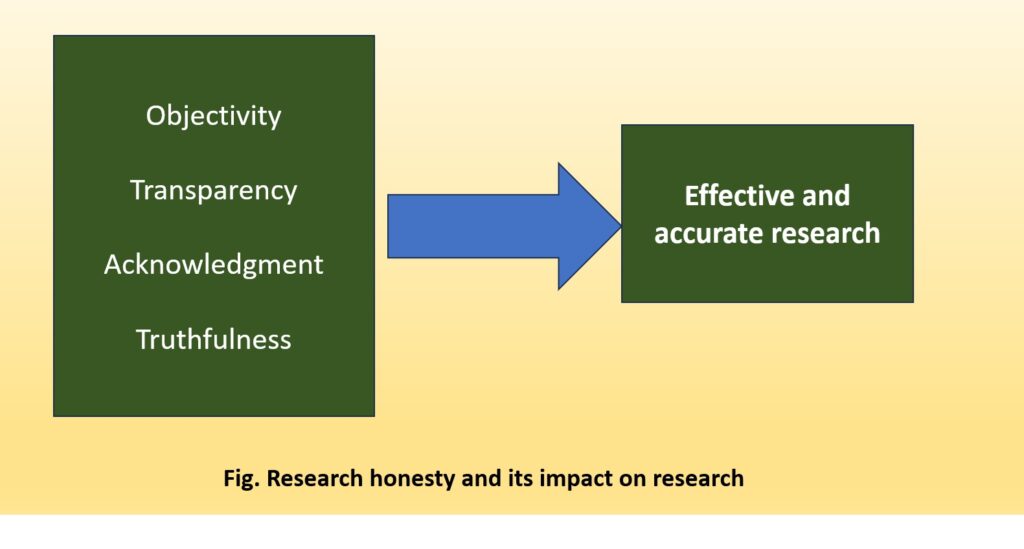Ethics in Science
Ethics in science is the framework that organizes and directs the courses of action involved in fundamental research. It is the code of conduct that directs the efforts taken for conducting the science research. It plays a significant role in making science research beneficial for social welfare or human life. It has also contributed to conducting the research without harming nature and society.
Following are the examples which indicate the importance of ethics in research in science.
Example 01
Research conducted by pharma industries is useful for human life but if it is not ethical can influence badly human life. Any medicine before launching in the market applied to animals. After a long journey of testing on animals and then on a few humans, the medicine was permitted to be consumed.
Unethical research leads to the deaths of human life. It may contribute to promoting crimes in the pharma industries.
Example 02
Unethical research in chemical science may impact nature. Chemical industries are required to decompose their wastes by specific methods. During the conduction of research experiments, it is very essential to take care of methods used to decompose the chemical waste. If it is not done by a standardized method. This leads to contamination of the water, air, or land where waste is thrown.
To enhance the positive impact of science research, a few principles of ethics are required to be implemented. The following are the key considerations in research in science.
Objectivity
Researchers should be focused on the purpose of the study. The data analysis, interpretation, and all the research activity must be executed for the achievement of the purpose of the research. Experimental design, data collection, data analysis, and interpretation, and finding the outcome must be done by the objective of the research.
Example
When the purpose of research is to diagnose human life then the experiment of the science research must be conducted without losing bad influence on human life. It may be possible that unethical experiments hurt human life.
Integrity
Research integrity is very important for making research genuine. Researchers must how are you must avoid falsification of wrong data collection or adjustments with limited data. Research integrity should be melted by the researchers to get accurate results as the experiment in science have an impact on many factors.
Example
Due to the unavailability of the required information it might be possible that the researchers may collect unnecessary or wrong information that leads to a difficult impact or outcome of the research conducted.
Informed consent
Resist researcher’s consent of participants when the experiment is going to be conducted specifically in the science or fundamental research. It has always been found that many researchers may or may not ensure the consent of the participants.
Example
In the results of the healthcare industry, many researchers may involve the participants without consent. If he is going to apply any medicine or human it is mandatory to have the consent of human life along with the permission of government authority. If it is not done leads to calls worst impact on human life.
Intellectual honesty
Intellectual honesty in research specifically in science is imperative necessity to make research effective and accurate. Research in science require accurate data to make research more effective and genuine. Intellectual honesty in research maintain truthfulness, objectivity, and avoide plagiarism by making proper acknowledgement

Welfare of life(animal or human)
The Researcher must consider the impact of the experiment or research on animals or humans researchers must ensure that there should not be any harmful impact on the animal or the human involved in the research experiment. Researchers must follow the guidelines for conducting the results involving animals or humans. Implementing all the ethical guidelines in such cases is strongly mandatory.
Ethics in publication
Publication of the fundamental Research or research in science must be presented or published with implementing all the guidelines or ethics. Unethical publications cause misguiding to the new researchers who may use the literature review. Many new researchers rely on past research done on the same topic. Even the publishers of the research published unethically without following the ethical guidelines may lead to misguided or miscommunication regarding whatever the research conducted by previous researchers. Accurate information and outcomes published with ethical guidelines provide appropriate and potential inputs to the new researchers to conduct research.

